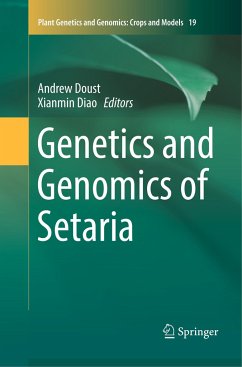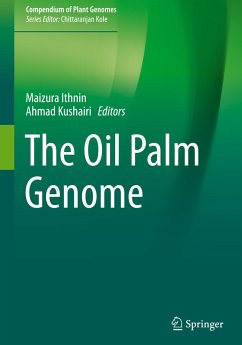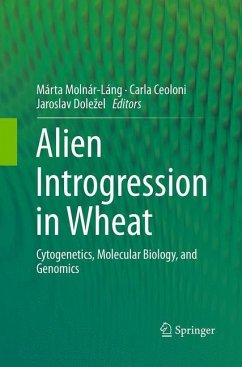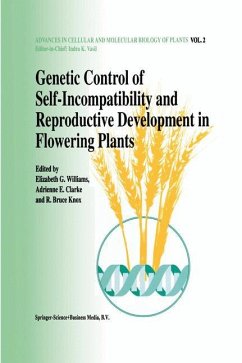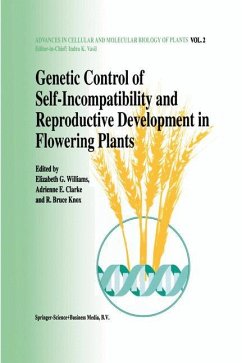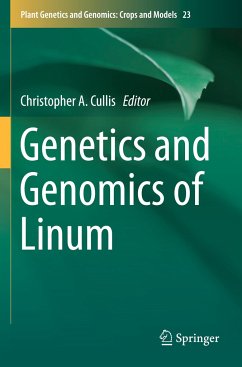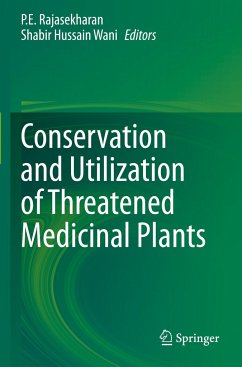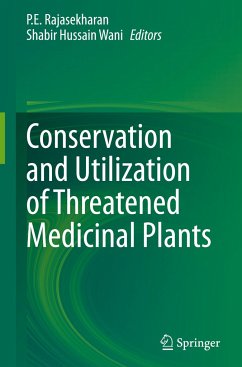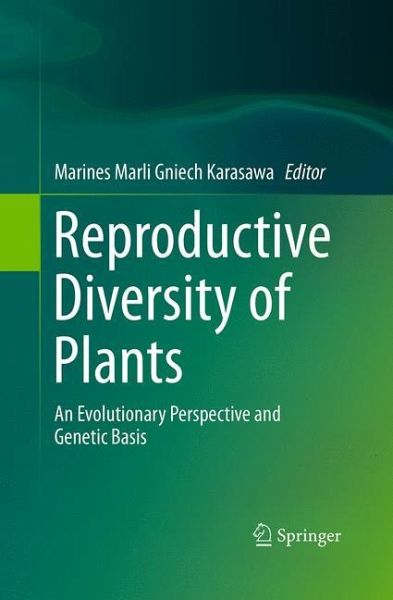
Reproductive Diversity of Plants
An Evolutionary Perspective and Genetic Basis
Herausgegeben: Gniech Karasawa, Marines Marli
Versandkostenfrei!
Versandfertig in 6-10 Tagen
76,99 €
inkl. MwSt.

PAYBACK Punkte
38 °P sammeln!
The first part of the book presents the evolution of plants starting from photosynthetic cells to topics like Gymnosperms and Angiosperms, including the evolution of the breeding system. Geological and molecular data were used, helping us to show with more details each of the phases presented. Also, specialization of the reproductive systems such as evolution of unissexuality (dioecy and monoecy), evolution of self-incompatibility, selfing fertilization and mixed mating systems were considered.The last part discusses the biology and genetics of the reproductive systems and shows the strategies...
The first part of the book presents the evolution of plants starting from photosynthetic cells to topics like Gymnosperms and Angiosperms, including the evolution of the breeding system. Geological and molecular data were used, helping us to show with more details each of the phases presented. Also, specialization of the reproductive systems such as evolution of unissexuality (dioecy and monoecy), evolution of self-incompatibility, selfing fertilization and mixed mating systems were considered.
The last part discusses the biology and genetics of the reproductive systems and shows the strategies that modern plants use in asexual reproduction (vegetative and apomictic reproduction) and sexual reproduction. In addition, the sexual reproduction topics such as gametogenesis, the genetic control of reproductive organs, systems that promote outcrossing, selfing and mixed mating systems were also included.
The last part discusses the biology and genetics of the reproductive systems and shows the strategies that modern plants use in asexual reproduction (vegetative and apomictic reproduction) and sexual reproduction. In addition, the sexual reproduction topics such as gametogenesis, the genetic control of reproductive organs, systems that promote outcrossing, selfing and mixed mating systems were also included.



